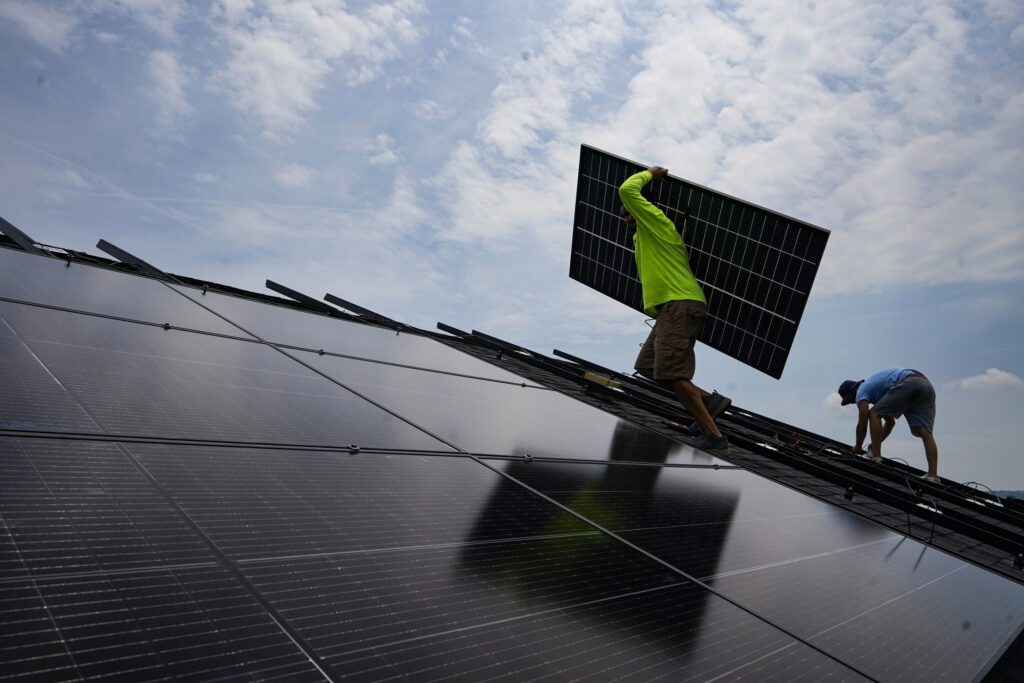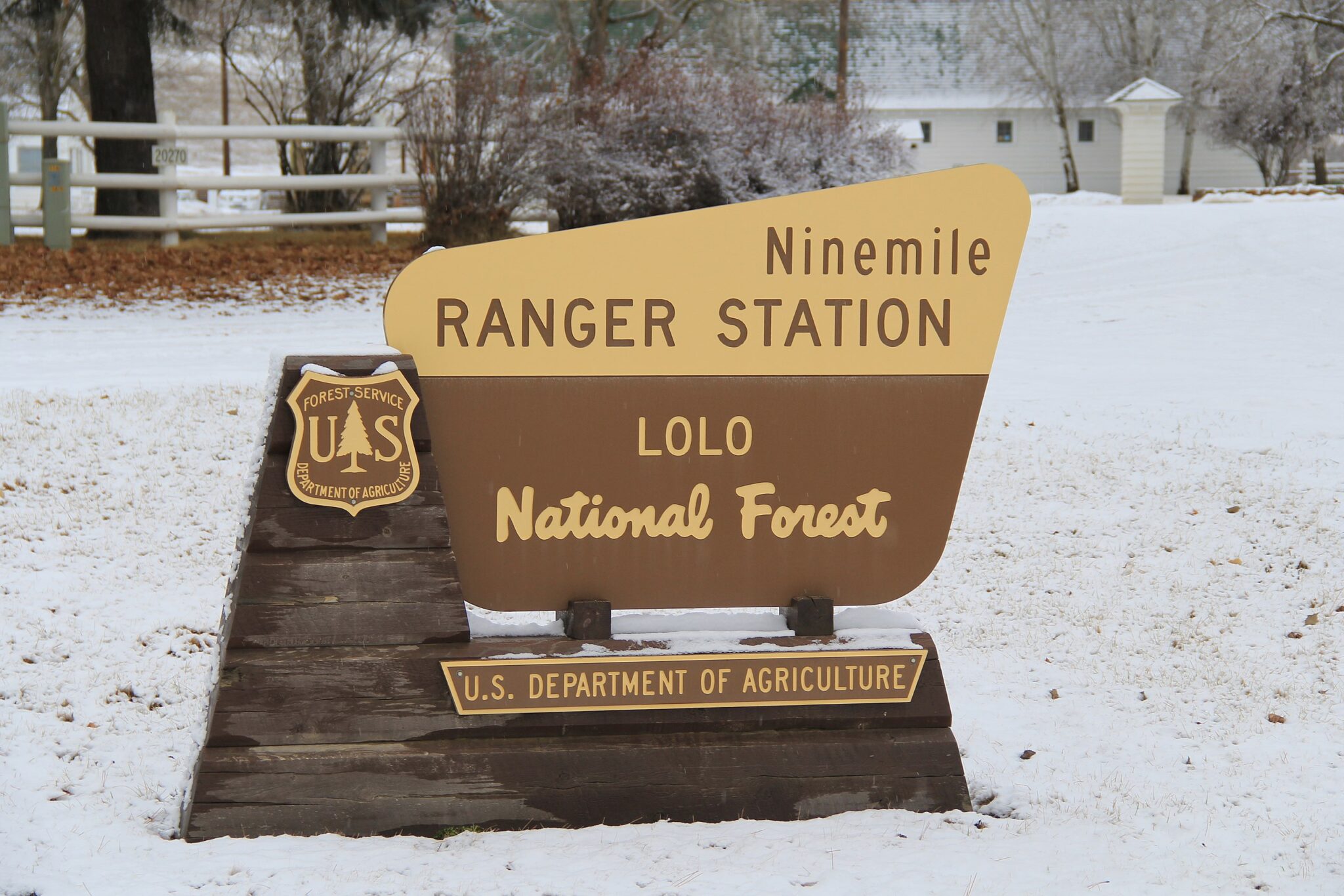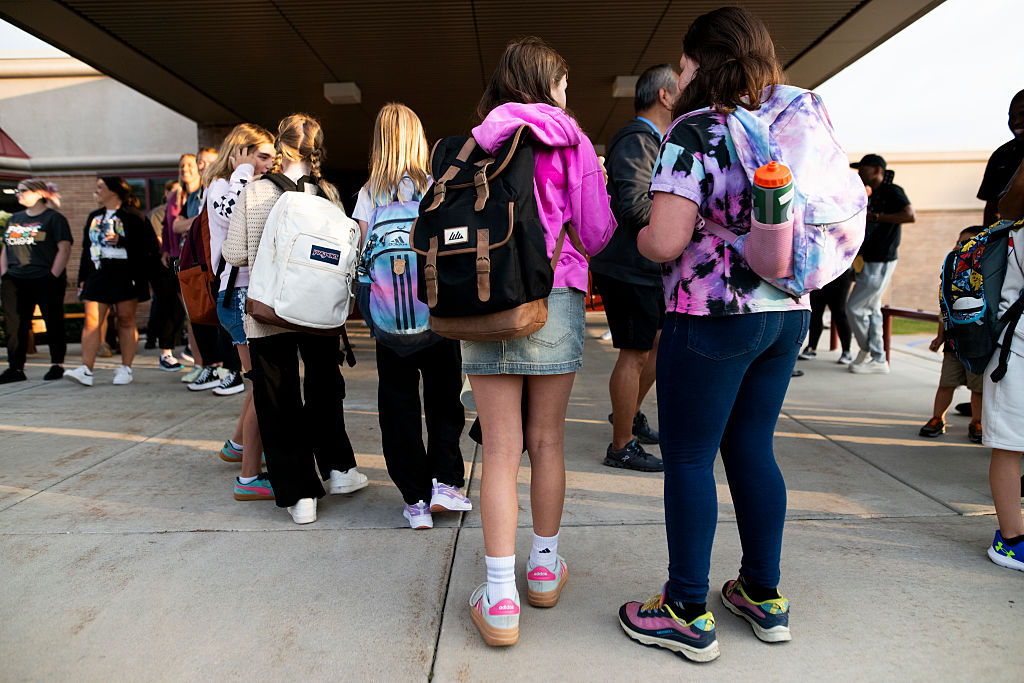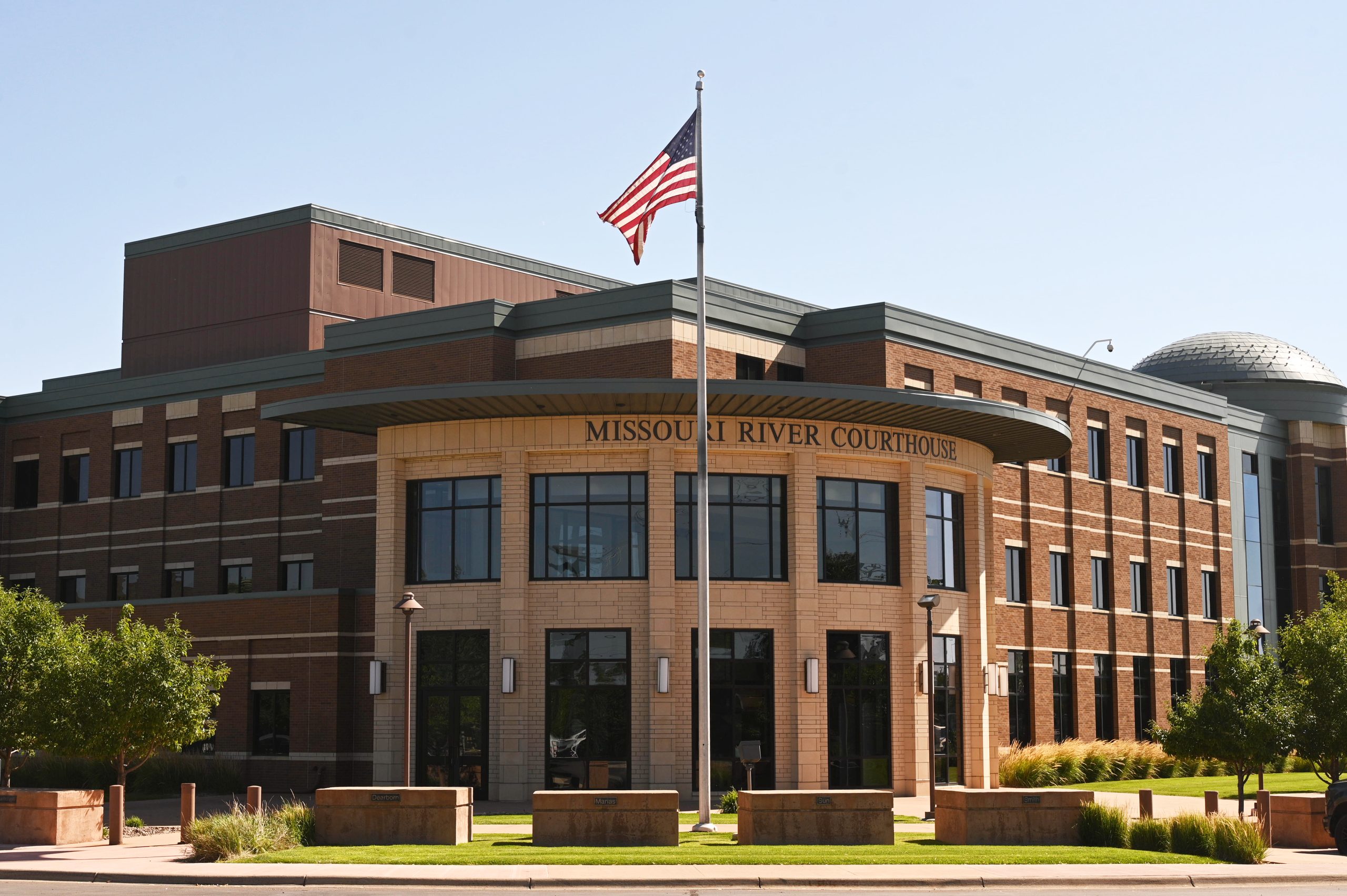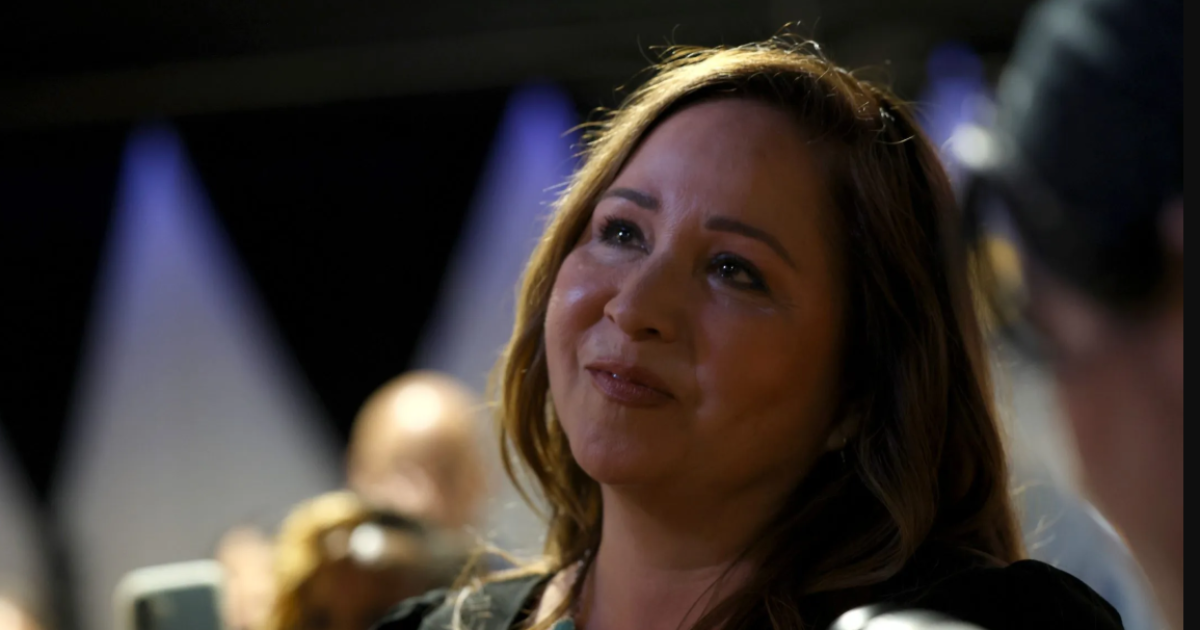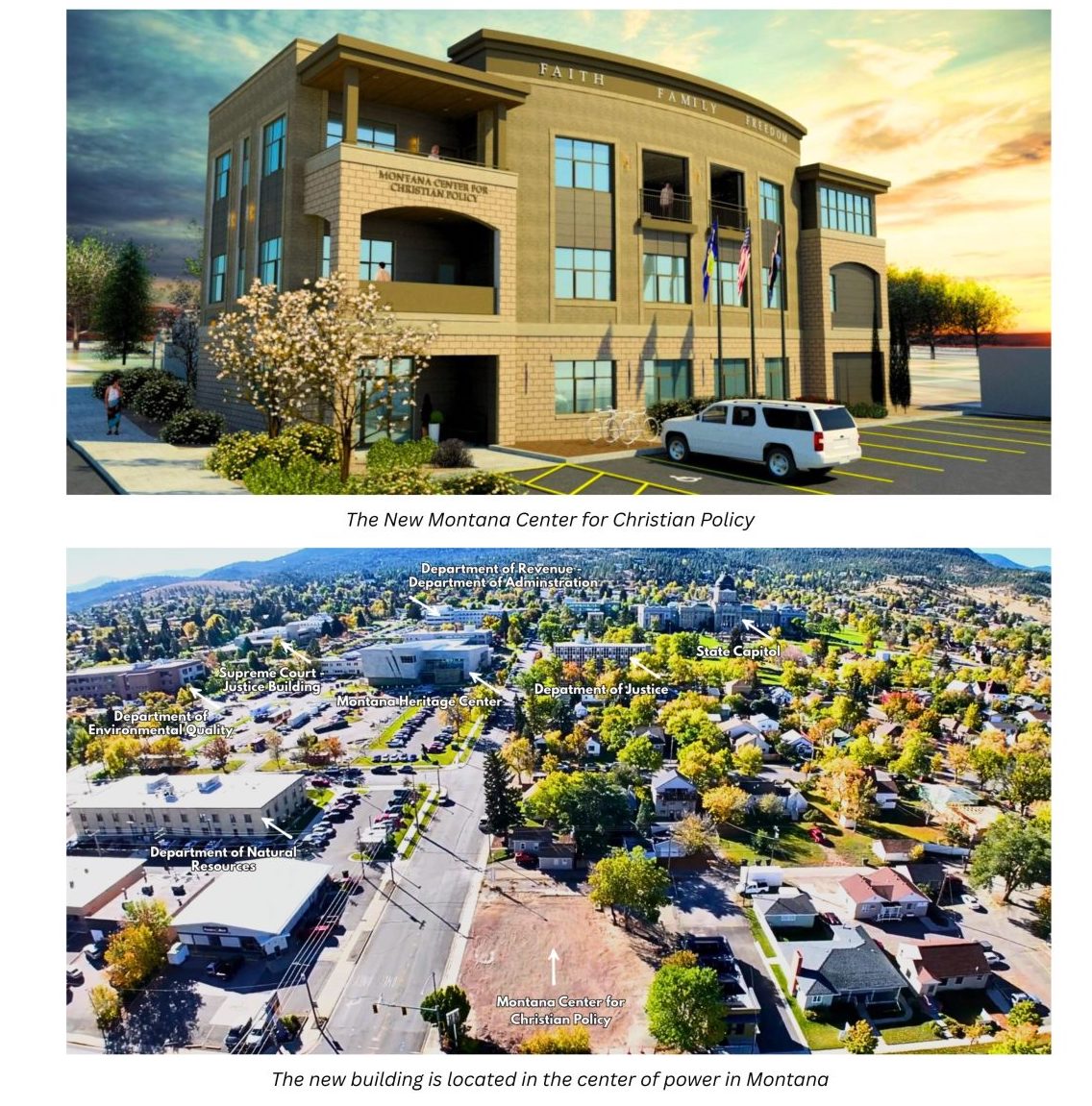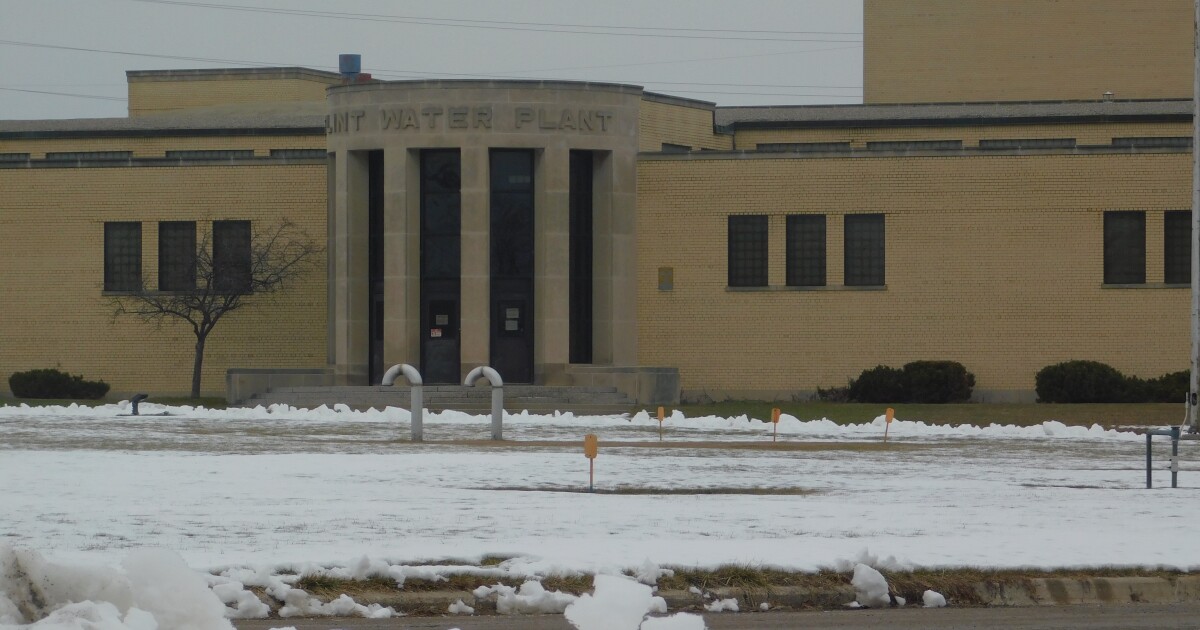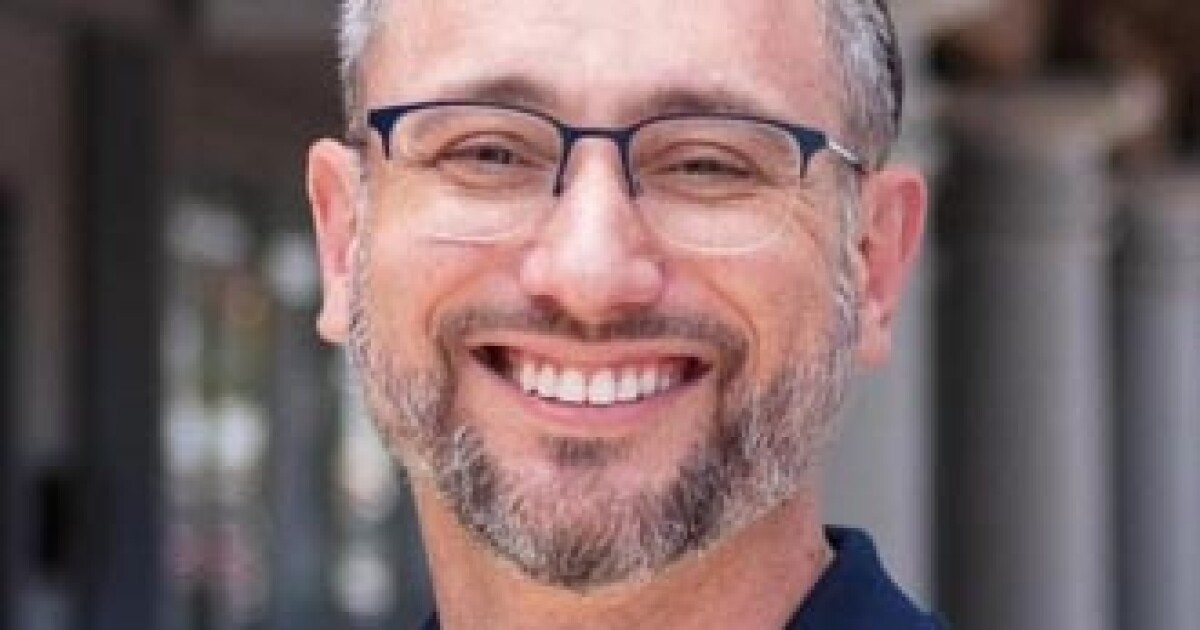WASHINGTON — As federal support for clean energy dwindles and environmental offices face dismantling, universities are grappling with whether to remove “climate change” from projects to secure funding. Only weeks into Trump’s second term, his climate policies are already disrupting higher education’s efforts to reduce carbon emissions, speakers at the Higher Education Climate Leadership Summit revealed. Gregory Washington, president of George Mason University, stressed the need for universities to develop “Trump response plans.”
Hundreds of sustainability officers, university leaders, and environmental experts attended the Second Nature-hosted event near the White House. Trump’s actions include freezing clean energy funding and removing climate change language from federal sites.
Universities need a plan to navigate the Trump administration.
Speakers recommended forming rapid response teams and coalitions to address political threats. Institutions may need to choose battles wisely, said Washington. Shalanda Baker, vice provost at the University of Michigan, suggested creating a “playbook” to counteract political efforts against diversity and environmental justice.
Climate action is shifting.
As the federal stance shifts, universities are encouraged to collaborate with state and local governments, healthcare systems, and international institutions to advance climate initiatives.
Trigger words debate.
Some advocate avoiding terms like “climate change” to protect projects, while others argue for transparency, insisting on addressing climate change directly to avoid scrutiny. “We need to stand in the work,” said Baker, emphasizing urgency.
Real threats, not hypothetical.
Dana R. Fisher of American University shared how her project’s focus needed altering to secure future funding. She highlighted the shutdown of the American Climate Corps post-Trump’s election, questioning universities’ protective measures for affected staff.
Universities are complicit in climate change.
Speakers noted long-standing university ties to fossil fuels, impeding climate progress. Jennie Stephens from the National University of Ireland Maynooth criticized U.S. academia’s fossil fuel affiliations, urging institutional restructuring.
Students demand action.
Sydney Collins from the University of Connecticut expressed student frustration over university inaction. Fisher noted that anger could drive change, suggesting “outsider” strategies for students to influence institutions.
Campus climate initiatives progress.
Despite challenges, campuses like Central Community College in Nebraska have achieved emission reductions using renewable energy. The college’s programs ensure job placements for graduates, highlighting economic benefits.
New climate action metrics needed.
Second Nature is updating carbon neutrality commitments, emphasizing governance and education. Alexander Barron of Smith College advocates moving beyond offsets, pushing for genuine emission reductions.
Beyond neutrality approaches.
University officials discussed strategies for deeper carbon reductions. Tavey Capps from Duke University and Aaron Durnbaugh from Loyola University of Chicago shared initiatives aligned with social justice and community reinvestment.
The Trump administration’s climate stance is expected to intensify. “We have to stand in this moment,” urged Baker, calling for courage and action. “There are no safe harbors.”
—
Read More Kitchen Table News

